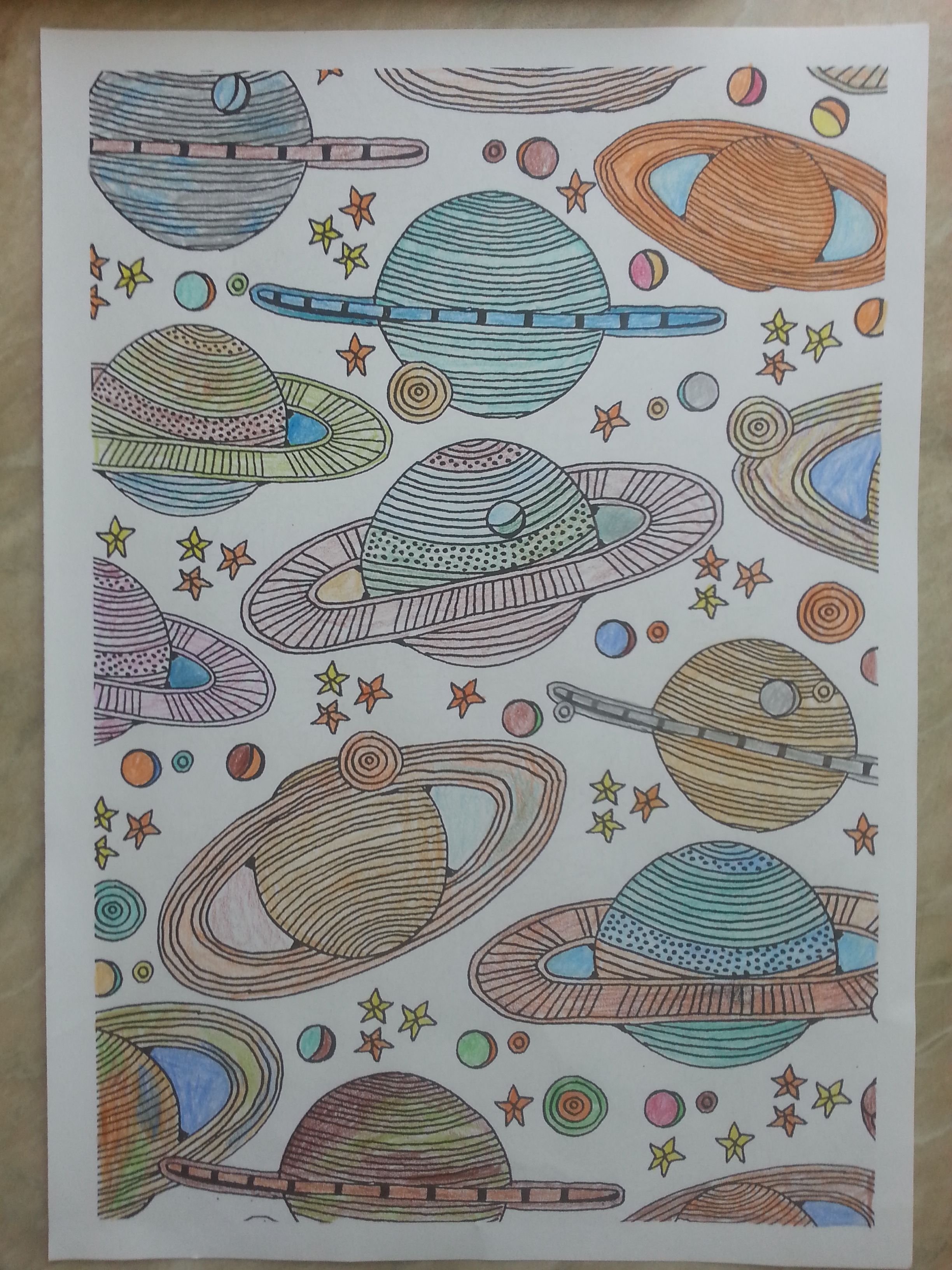No planet, star or galaxy can be typical, since the cosmos is mostly empty. The only typical place is in the universal, immense and cold vacuum, the endless night of intergalactic space, so strangely and deserted that, by comparison, planets, stars and galaxies seem unlikely to be rare and beautiful.
We are the only species on this planet, as far as we know, that has invented a common memory that is not stored in our genes, nor in our brains. The storage of this memo is called a library.
No civilization can survive in any way in order to reach the interstellar travel phase without limiting its numbers. Any society with a significant population explosion will be forced to dedicate all its energies and technological abilities to nourish and nurture the population of its native planet. This is a very strong conclusion and is by no means based on the idiosyncrasies of a particular civilization. On any planet, regardless of its biology or social system, an exponential population growth will devour all resources. On the contrary, any civilization engaging in serious interstellar exploration and colonization must exercise an increase in population equal to 0 or something very close to it for many generations.
Our planet is a lonely dust in the great cosmic dark that envelops us. In our anonymity, in all this vastness, there is no clue that the aid will come from elsewhere to save us from ourselves.

Who we are? We find that we live on an insignificant planet of a trivial star, lost in a galaxy hidden in a forgotten corner of a universe in which there are more galaxies than humans.
The borders of the countries are not visible when we look at the Earth from space. Ethnic, religious or nationalist fanatic chauvinism seem a little more difficult to maintain when we see the planet as a blue semi-circle, shrinking and becoming a light spot that is hard to notice compared to the bastion and star citadel.
No planet or star or galaxy can be accustomed, because most of the Cosmos is empty. The only common place is the cold, vast and universal vacuum, the perpetual night of intergalactic space, a place so strange and deserted that, by comparison, planets, stars and galaxies seem painfully rare and precious.

Our tiny planetary dwelling is lost somewhere between immensity and eternity.
Since we have emerged as human beings, we have asked deep, fundamental questions that inspire astonishment, excite us and make us, even partially, aware; Questions about the origins of consciousness and life on our planet, about the beginnings of the Earth, about the formation of the Sun, or about the possibility that somewhere in the heavens, there are intelligent beings, like most of all questions - about the appearance, The remote destiny of the universe.
For eventually every planetary civilization will be endangered by the impact of space, all surviving civilizations are bound to become space travelers - not because of the exploration zeal or the romantic zeal, but for the most imaginable reason : Staying alive ... If our long-term survival is the stake, we have a fundamental responsibility for our species to venture into other worlds.
Our loyalties are to the species and to the Planet. We're talking about Earth. We owe our obligation to survive, not only ourselves, but also the Cosmos, old and vast, from which we came here.
Quoted by Carl Sagan
